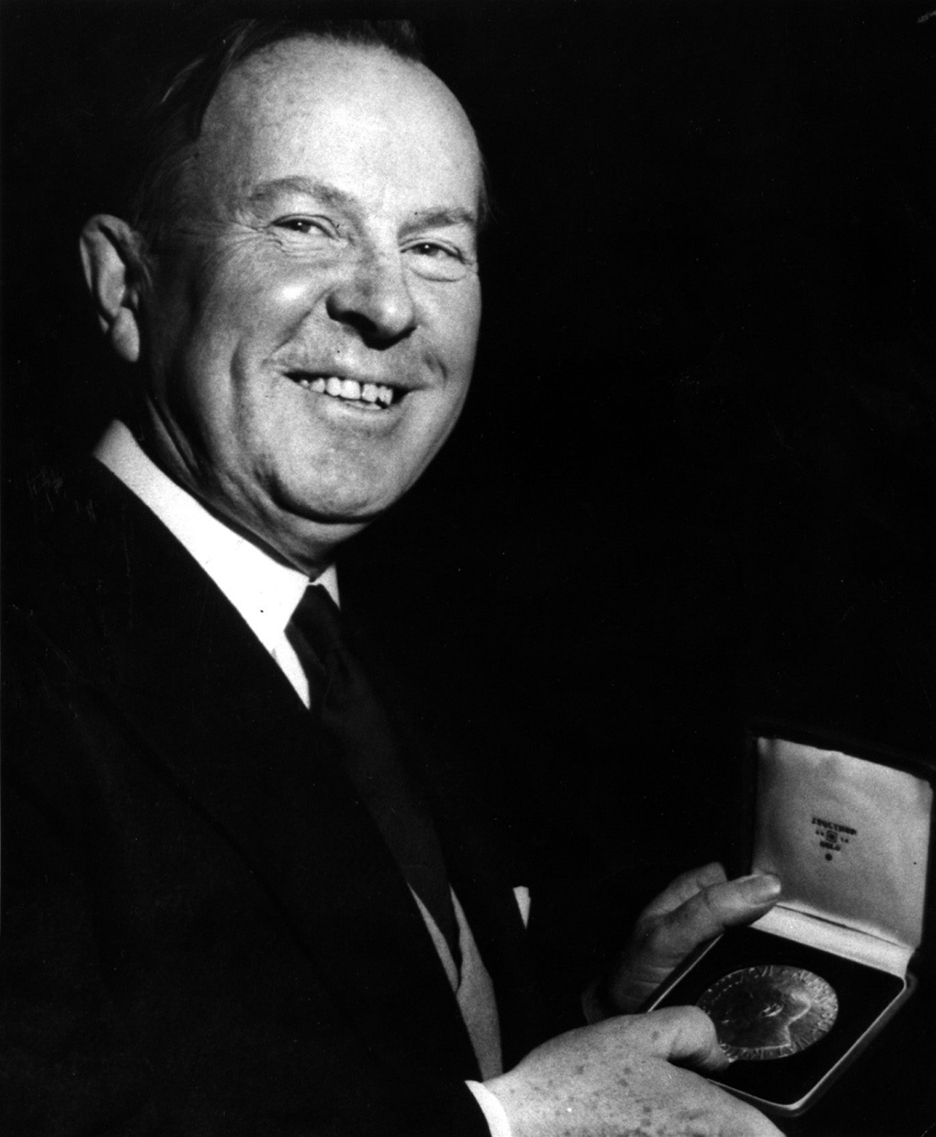
On Feb. 24, after he learned that Teck Resources Ltd. had decided to withdraw its application to build a multi-billion-dollar oil-sands development project in northern Alberta, the premier of that province stepped to a microphone in Edmonton to express his displeasure with Ottawa.
“The federal government’s inability … let us down,” Jason Kenney told the audience. Then, the premier continued with an oft-employed threat he’s used lately, that he will now seek “greater autonomy for Alberta (using) every tool available.”
That same night, we learned that about 30 protestors had straddled the GO Transit railway line between Hamilton and Burlington. They had established a new blockade across the tracks on that busy commuter route and announced they’re angry that the Ontario Provincial Police had (legally) dismantled a blockade on a railway line near Belleville, Ont.
“(We’re) standing with the Wet’suwet’en,” a demonstrator announced, further claiming that the protestors were “going to stay there indefinitely.”
It’s becoming the preferred form of expression, these days. When those who don’t get their way – be they politicians or citizens – rather than step up attempts to meet and discuss, they step up the rhetoric from afar. Instead of trying to find any room for compromise or face-to-face give-and-take, they choose to go in front of cameras, stern-faced, resolute and defiant and blast the other side as if a mortal enemy.
We’ve seen this kind of behaviour escalate in just about every field of endeavour – land disputes, management/labour negotiations, race relations and international fueds.
President Donald Trump’s done it verbally with his “Rocket Man” name-calling against Kim Jong-un, the premier of North Korea, or by branding Democratic presidential candidate, Bernie Sanders, a “communist” for his proposed plan of “health care for all.”
Last month, the U.S. president’s threats of against “radical Islamic terrorism” in the Middle East resulted in the drone killing of Qassem Soleimani in Baghdad. The former star of “The Apprentice,” now president of the United States, has decided to employ his TV-show tactics for beating his foes into submission. Don’t do things his way, and, “You’re fired!”
As I see it, all this public posturing is simply the dare gone mad.
We’ve seen far too much of it in this current confrontation between Wet-suwet’en hereditary chiefs and those supporting the Coastal GasLink pipeline proposal. Repeated efforts by federal and provincial officials to meet and discuss the issues related to the dispute have been met by taunts and grandstanding in the House of Commons and along the blockades half-a-country away from the Wet’suwet’en.
Opposition politicians in Parliament have called the Justin Trudeau “weak” for seeking peaceful resolution while upholding the rule of law. The feds shot back that one candidate for the Conservative leadership, Peter MacKay, in demanding the protestors be removed, was “endorsing vigilantism.”
For the record, the Charter of Rights and Freedoms in the Canadian Constitution guarantees the right to free speech and peaceful assembly.
I am old enough to remember two international confrontations that – thanks to less sabre-rattling and more diplomatic discourse – ended in compromise and not disaster. In 1956, a nationalistic administration in Egypt seized the Suez Canal, which the French and British had operated since 1869.
When the colonial powers threatened warfare over ownership of the canal, the relatively novice United Nations adopted the suggestion of then Canadian external affairs minister Lester Pearson, who offered Canadian troops to monitor withdrawal and maintain peace in the region. Pearson was later awarded the Nobel Peace Prize.
Even more potentially lethal was the Cuban Missile Crisis. In 1962, President John F. Kennedy dispatched U.S. naval ships to blockade shipments from the Soviet Union arriving in Cuba; the Americans discovered the Russians were building nuclear missile sites in Fidel Castro’s Cuba and threatened open warfare at sea.
As the U.S. Navy trained its weapons on Soviet ships bound for the Caribbean, behind the scenes lower-level diplomats met quietly to have the missile sites dismantled and thermonuclear war averted.
So, as I watch and listen to politicians at home and abroad draw lines in the sand and threaten annihilation of the other side, I wonder whatever happened to the fine art of diplomacy, détente or simple discussion. Instead of threats to take Alberta out of Canada, or blockades that cripple the country’s economy and risk alienating moderate Canadians and their support for reconciliation, maybe premiers and demonstrators might consider talk not tantrum.
What federal-provincial dealings, Indigenous land disputes and even international relations need more than anything, these days, are fewer dares, and a lot more daring. It takes a great deal more skill and daring to calmly meet an adversary and seek a way through.
Author John Robert Colombo quotes that same former Canadian diplomat, Lester Pearson, who often found himself facing adversaries in Parliament, at the United Nations and during Cold War confrontations.
“The strongest pressure I know,” Pearson said, “is friendly pressure.”